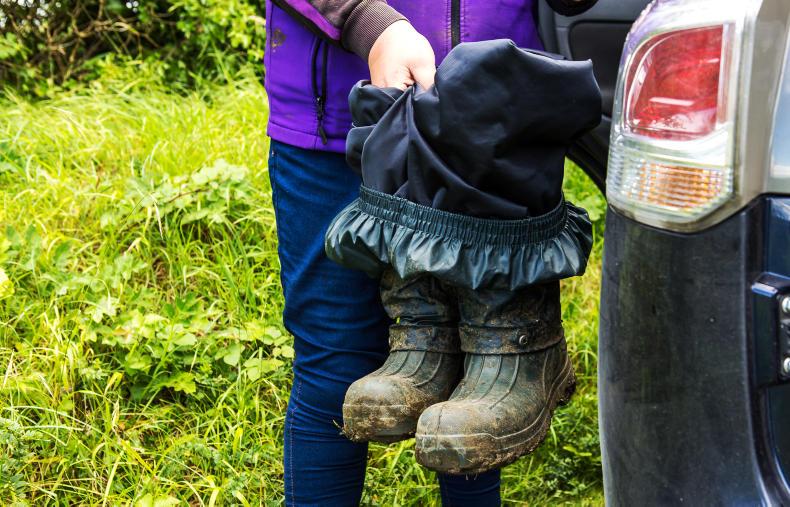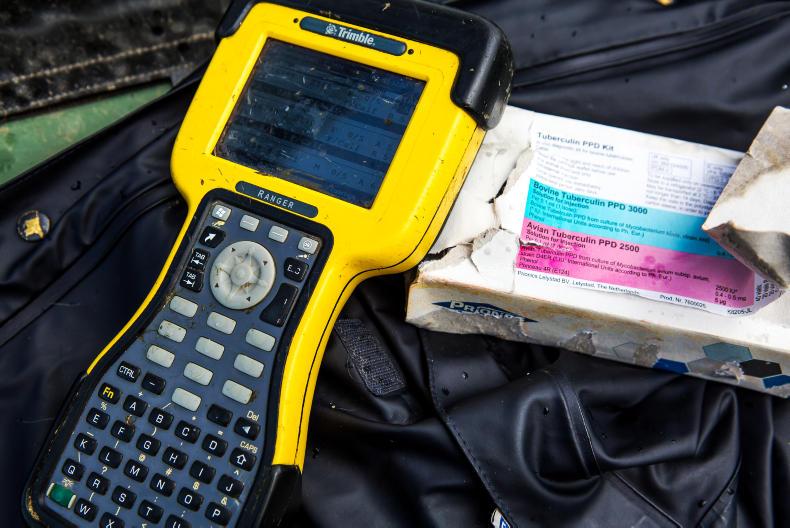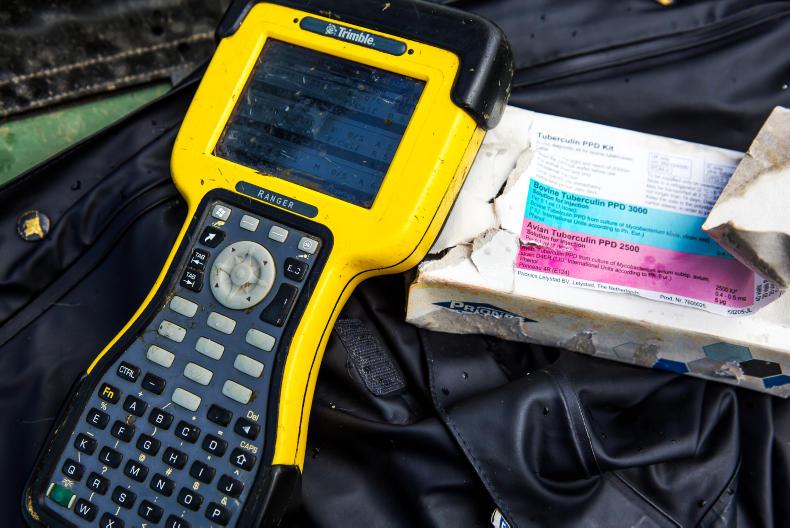The junior vice-president of the British Veterinary Association (BVA), Simon Doherty, has warned that amount of vets in Northern Ireland could decrease post Brexit, due to the large number that currently train at UCD.
Speaking at the BVA’s annual NI dinner, which was held last week, he said: “Each year, University College Dublin trains a significant number of veterinary graduates from Northern Ireland, many of whom return home after qualifying.
“The impact of the loss of even a small percentage of the veterinary workforce could have serious repercussions on the practices and communities they serve.
“We will be looking to the Northern Ireland, UK and Irish governments to consult on how best to ensure that the provision of professional services and trade across the Irish border is not disrupted.”
Doherty, who is also a Northern Ireland vet, delivered the BVA president’s speech on behalf of John Fishwick, who was unable to attend due to back surgery.
He said that BVA’s Brexit and the Veterinary Profession report has a dedicated chapter on Northern Ireland’s unique position: the strong cross-border relationships, the integrated North-South structures within agriculture, the movements of people, livestock and pets that take place each day.
“We are lobbying the UK Government on these pressing issues and actively working to help find solutions.
“We met with Veterinary Ireland colleagues to discuss what can be done within the veterinary profession to achieve the best possible results for animal health and welfare, public health and our profession too.”
Impact
In the speech, Doherty outlined the impact of Brexit on individual vets and vet nurses, as well as on the veterinary profession as a whole – from the myriad pieces of animal health and welfare legislation, to the ongoing availability and efficacy of veterinary medicines.
He emphasised that approximately 50% of new vets registering with the Royal College of Veterinary Surgeon (RCVS) each year come from the EU.
Outlining the veterinary profession’s recommendations to ensure standards of animal health and welfare are maintained in Northern Ireland, he said: “Excellence in animal health is evident in Northern Ireland and the achievement (in May) of BSE Negligible Risk Status is testament to the years of hard work and joined up efforts of government working with industry, farmers and vets.
“At present, there is an all-island approach taken to surveillance and the control of animal disease (…) and it is crucial that this cooperation across the border – to improve animal health and welfare – continues post Brexit.”
Future trade deals
Meanwhile, he said that the vital role that veterinary surgeons currently fulfil to enable trade in animals and animal products – from abattoirs, to certification and controls – must also be recognised and preserved in order to protect animal health, safeguard animal welfare and ensure consumer confidence moving forward.
Read more
Watch: Brexit to hit Northern Ireland dairy farmers’ income
Ireland needs less pro-European stance in Brexit talks
The junior vice-president of the British Veterinary Association (BVA), Simon Doherty, has warned that amount of vets in Northern Ireland could decrease post Brexit, due to the large number that currently train at UCD.
Speaking at the BVA’s annual NI dinner, which was held last week, he said: “Each year, University College Dublin trains a significant number of veterinary graduates from Northern Ireland, many of whom return home after qualifying.
“The impact of the loss of even a small percentage of the veterinary workforce could have serious repercussions on the practices and communities they serve.
“We will be looking to the Northern Ireland, UK and Irish governments to consult on how best to ensure that the provision of professional services and trade across the Irish border is not disrupted.”
Doherty, who is also a Northern Ireland vet, delivered the BVA president’s speech on behalf of John Fishwick, who was unable to attend due to back surgery.
He said that BVA’s Brexit and the Veterinary Profession report has a dedicated chapter on Northern Ireland’s unique position: the strong cross-border relationships, the integrated North-South structures within agriculture, the movements of people, livestock and pets that take place each day.
“We are lobbying the UK Government on these pressing issues and actively working to help find solutions.
“We met with Veterinary Ireland colleagues to discuss what can be done within the veterinary profession to achieve the best possible results for animal health and welfare, public health and our profession too.”
Impact
In the speech, Doherty outlined the impact of Brexit on individual vets and vet nurses, as well as on the veterinary profession as a whole – from the myriad pieces of animal health and welfare legislation, to the ongoing availability and efficacy of veterinary medicines.
He emphasised that approximately 50% of new vets registering with the Royal College of Veterinary Surgeon (RCVS) each year come from the EU.
Outlining the veterinary profession’s recommendations to ensure standards of animal health and welfare are maintained in Northern Ireland, he said: “Excellence in animal health is evident in Northern Ireland and the achievement (in May) of BSE Negligible Risk Status is testament to the years of hard work and joined up efforts of government working with industry, farmers and vets.
“At present, there is an all-island approach taken to surveillance and the control of animal disease (…) and it is crucial that this cooperation across the border – to improve animal health and welfare – continues post Brexit.”
Future trade deals
Meanwhile, he said that the vital role that veterinary surgeons currently fulfil to enable trade in animals and animal products – from abattoirs, to certification and controls – must also be recognised and preserved in order to protect animal health, safeguard animal welfare and ensure consumer confidence moving forward.
Read more
Watch: Brexit to hit Northern Ireland dairy farmers’ income
Ireland needs less pro-European stance in Brexit talks










SHARING OPTIONS